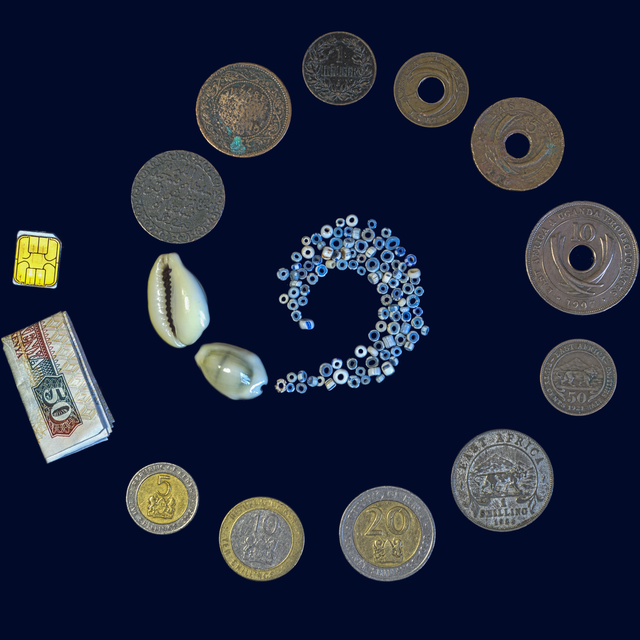
Money is among the most important things in many people’s ordinary lives. It has not only economic but also cultural and political values, the understanding of which can tell us a lot about the societies using it.
The project “Monetary Transitions: the Introduction of Colonial Currencies in East Africa and their Impact on Indigenous Societies and Economies” uses money as a lens through which analyse the social and economic impact of colonialism on East African societies and institutions. The research focuses on East Africa as a region where monetary and trade systems, both on a regional level and in terms of their connection to the wider Indian Ocean and Red Sea worlds, had emerged and developed well before the establishment of colonial rule. The imposition of colonial financial and economic institutions partly transformed them, creating new interconnected and hybrid socio-economic spaces. The project explores the nature and circulation of pre-colonial currencies in the East African region, the ways in which colonial money was accepted, rejected or transformed by African communities, the impact of the introduction of colonial money on wages, taxes, price levels and social payments, and the effect of the creation of colonial territorial borders on long-distance trading networks within East Africa. The innovative approach that it proposes is to put African and European currencies, in their various forms and denominations, at the centre of the analysis, and to follow their circulation, in order to understand how economic and social relations were transformed by the imposition of colonial rule.